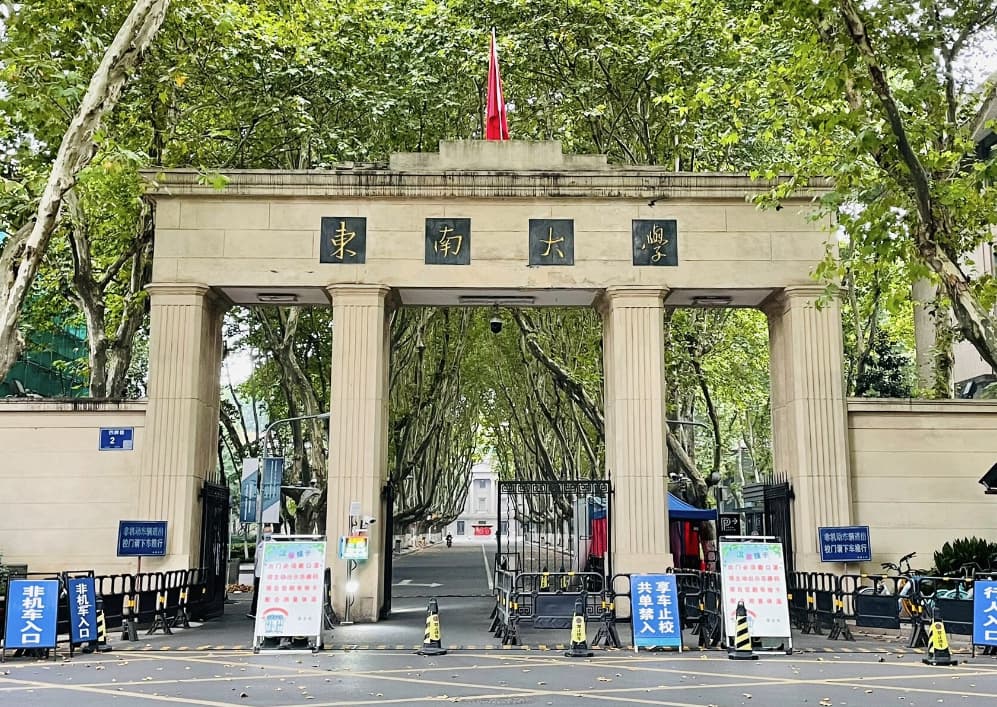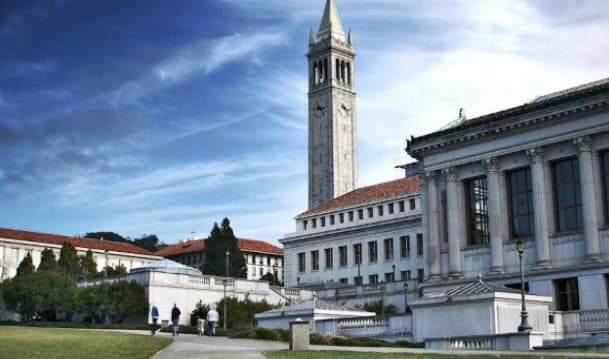Mastering Common Interview Questions in Postgraduate Entrance Exams: A Comprehensive Guide
In the competitive landscape of postgraduate entrance exams, English interview skills are pivotal. This guide aims to equip candidates with the confidence and knowledge to navigate common interview questions effectively. Whether you're discussing academic interests, career goals, or personal experiences, this resource provides detailed answers in a conversational tone, mirroring the style of Baidu Encyclopedia. Below, you'll find insights into three key questions that often appear in interviews, each accompanied by a comprehensive response to help you articulate your thoughts clearly and impress your evaluators.
1. Why Are You Interested in This Field of Study?
When asked about your interest in a specific field of study, it's essential to convey genuine enthusiasm and a well-thought-out rationale. Interviewers want to see that you have a clear understanding of why you chose this path and how it aligns with your long-term goals.
For instance, if you're applying for a Master's in Environmental Science, you might say:
"My fascination with environmental science stems from a combination of personal experiences and academic curiosity. Growing up in a region affected by pollution, I witnessed firsthand the impact of environmental degradation on communities. This experience sparked a desire to learn more about sustainable practices and how science can be used to mitigate such issues. Academically, my undergraduate studies in biology provided a strong foundation, but I realized I wanted to delve deeper into the interdisciplinary aspects of environmental science. I am particularly drawn to this program because of its emphasis on research and collaboration with industry leaders. I believe that by pursuing this field, I can contribute to meaningful solutions and make a tangible difference in the world."
2. What Are Your Career Goals?
Discussing your career goals helps interviewers understand your ambition and how the program you're applying to fits into your larger plan. It's important to be specific yet flexible, showing that you have a vision but are also open to opportunities that may arise.
"My immediate goal after completing this Master's program is to secure a research position in a government environmental agency. I am passionate about policy-making and hope to work on initiatives that promote environmental conservation and sustainability. In the long term, I aspire to become a leading expert in the field, contributing to groundbreaking research and educating the next generation of environmental scientists. I believe that this program will provide me with the necessary skills and network to achieve these goals. While my primary focus is on research, I am also open to opportunities in academia or industry if they align with my broader mission of creating a more sustainable future."
3. Can You Describe a Challenge You Overcame?
This question assesses your resilience, problem-solving skills, and ability to learn from adversity. Choose a relevant example that showcases your growth and determination.
"During my undergraduate thesis, I faced a significant challenge when my initial research hypothesis proved incorrect. This was a disheartening moment, as I had invested a considerable amount of time and effort into the project. However, I decided to view this as an opportunity to learn and adapt. I sought feedback from my advisor, who suggested exploring alternative methodologies. This experience taught me the importance of flexibility and critical thinking in academic research. I spent the next few weeks revising my approach, conducting additional experiments, and analyzing the data from a different perspective. Ultimately, I successfully completed my thesis with a revised hypothesis that was both innovative and supported by evidence. This challenge not only strengthened my research skills but also taught me the value of perseverance and resilience in the face of setbacks."



.jpg)

.jpg)

.jpg)
.jpg)
.jpg)
.jpg)